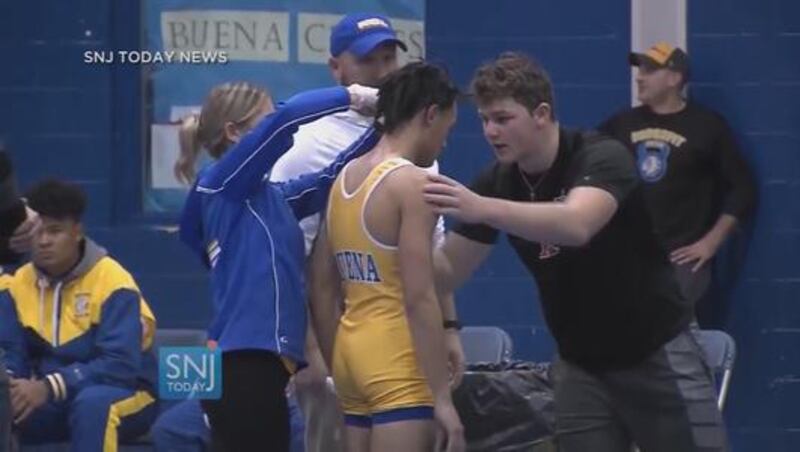OLYMPIA, Wash. — A New Jersey wrestler forced to cut his dreadlocks before he could compete in a match. Advocates here in Washington state say it's a visible example of the kind of hair discrimination that many people of color face every day.
“I want to tell you something. black hair is beautiful,” said state Rep. Melanie Morgan, an African-American Democrat from Lakewood.
Morgan has written HB 2602, a ban on hair discrimination. She wants to add it to Washington's existing anti-discrimination law.
“When white women show up in the place of employment with locks or dreads, everyone looks at them and says, ‘how cute’. But black hair, when we show up in dreads and purple hair, we have to change something. We're not assimilating.”
Scroll down to continue reading
More news from KIRO 7
- Dick’s Drive-In going back to 1954 prices for its anniversary week
- CDC expands airport health screenings for coronavirus to include Sea-Tac
- Seattle-area highway workers struggle to keep ahead of piles of trash
- Seven arrested in Snohomish County ‘Net Nanny’ operation
- Do you have an investigative story tip? Send us an email at investigate@kiro7.com
It's a common story said others who testified.
“I have had trusted messengers and well-meaning people tell me that I need to straighten my hair to be considered more professional. And as a black woman, I understand that when people say it needs to be more professional that means it needs to be ‘more white’, said RaShelle Davis, a senior policy advisor to Gov. Jay Inslee.
Lawyer Andrea Jarmin added, “My hair is inseparable from my body. Long, short, curly, braided, twisted, I should not have to be conflicted about any aspect of my physical appearance associated with the body in which I was born and move.”
Some representatives on the committee expressed concern about the rule would affect businesses that want to present a uniform image. Sponsors said that employees could be required to change their hair styles for well-documented safety reasons.
“This legislation is the systematic change required to acknowledge that hair styles associated with my blackness are not a threat,” said former television reporter Jenna Hanchard.
© 2020 Cox Media Group








